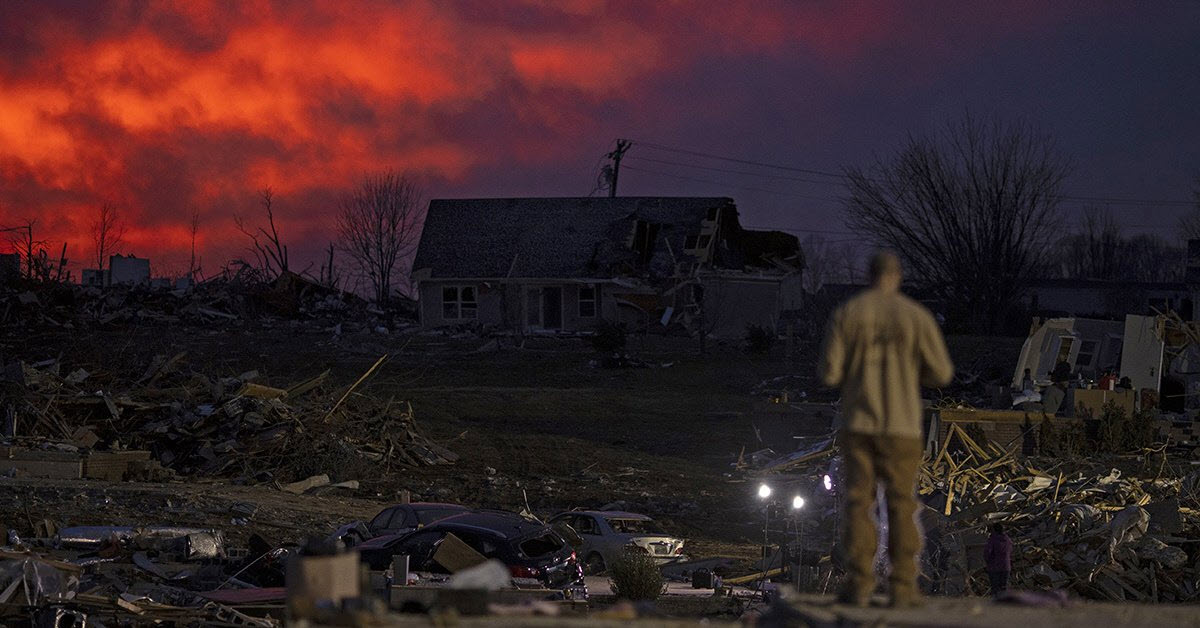Most people recognize that a disaster is not just a possibility, it is a fact of life. Disasters happen all the time, regardless of whether they are natural or man-made. Being prepared is one of the most important things you can do but there may be times when you find yourself in a situation where a disaster occurred or is looming and you are completely unprepared. What can you expect and what can you do?
In many types of disaster, the food is going to be the first thing to be affected. As an example, when a blizzard is about to take place or if a hurricane is about to move on shore, the grocery stores are quickly stripped of food essentials, such as bread and milk. Unless you are able to get to the store early, you will end up suffering because you will not have the food you need until it arrives again. In addition, going to the store at the last minute to purchase supplies takes up valuable time that could be used elsewhere.

If you are fortunate enough to be in a type of disaster that gives you some warning, such as the aforementioned items, you may have time to get a few things prepared. Those types of disasters are often short-lived and more than likely, assistance will be available within a few days. That is why it is important to focus on preparing quickly to have three-day supply of food and water. You might also want to consider some medical supplies and other items that would allow you to get by if the power goes out.
If a disaster happened suddenly and you are not prepared, life can be a little bit more difficult. There are still some things that you may be able to do in order to get your family ready for survival during these difficult times. When a disaster strikes, take an account of everything in your immediate area and look for a safe location for yourself and your family. You should also check for any supply of clean water that may be available. Some of the options might include the water heater, which can store 50 gallons of water or more. Just make sure that the water is secure in the water heater for your use.

You should also begin rationing everything that you do have available immediately. Consider how long you might be without food, water or power and make adjustments. This might include reducing the amount of time that you spend on your cell phone or changing the settings so that it uses less power (lower light, etc.). Making small adjustments is not as good as being preprepared for an emergency but it may make a different in your ability to survive.
